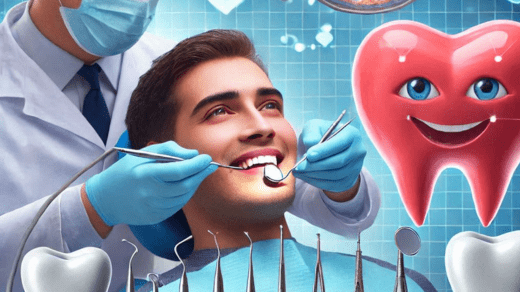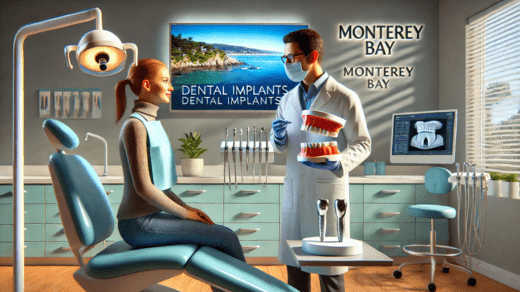Gum health is important. You often brush, floss, and possibly gargle, but sometimes that isn’t enough. Your gums may need a specialist’s touch. Ignoring issues can lead to bigger problems. Inflammation, bleeding, or receding gums aren’t just annoying. They might signal serious concerns. A periodontist in Norristown, PA, can help if you spot these signs. They deal with gum disease and can stop tooth loss. If you have bad breath that doesn’t go away, it’s time to get checked. Loose teeth can cause pain and embarrassment. Swollen gums can make eating difficult. These aren’t just minor inconveniences. They can hurt your health and happiness. Acting now can save you from more pain later. By recognizing the symptoms early, you protect your mouth and overall health. Don’t wait for the pain to act. Your gums deserve attention, and you deserve comfort and peace of mind.
Understanding the Signs
Gum disease doesn’t always shout its presence. Often, it starts quietly and grows louder over time. Recognizing signs early is key. Here, we break down the signals. If you experience any of the following, consider seeking help:
- Bleeding gums when brushing or flossing
- Persistent bad breath
- Red, swollen, or tender gums
- Receding gums, making teeth appear longer
- Loose or separating teeth
Why Gum Health Matters
Your mouth is the gateway to your body. Poor gum health can affect your overall health. Heart disease, diabetes, and other conditions have links to gum disease. According to the National Institute of Dental and Craniofacial Research, untreated gum disease can lead to tooth loss and affect your ability to speak and eat.
When to Visit a Periodontist
Regular dental check-ups are important. Sometimes, they aren’t enough. When your gums need special care, that’s where a periodontist steps in. They focus on preventing, diagnosing, and treating gum disease. They can also place dental implants. Think of them as your gums’ best friend.
Comparing General Dentists and Periodontists
Both professionals care for your teeth, but their roles differ. Here’s a quick comparison:
| General Dentist | Periodontist |
| Performs routine cleanings | Treats advanced gum disease |
| Fills cavities | Places dental implants |
| Provides regular check-ups | Conducts surgical procedures on gums |
Preventing Gum Disease
Prevention is your best defense. Healthy habits can protect your gums. Consider these steps:
- Brush at least twice daily
- Floss daily to remove hidden debris
- Use a mouthwash to kill germs
- Visit your dentist regularly
Eating a balanced diet also plays a role. Foods rich in vitamins and minerals support gum health. The Centers for Disease Control and Prevention emphasizes the importance of lifestyle choices in preventing gum issues.
Treatment Options
If gum disease develops, treatment options exist. A periodontist can guide you. Treatments include:
- Deep cleaning to remove plaque and tartar
- Scaling and root planing to smooth the root surfaces
- Medications to control infection
- Surgery for severe cases
Your Next Steps
If you notice any signs of gum trouble, act now. Early intervention is crucial. Contact a periodontist in your area. A timely visit can save your teeth and health. Don’t let small issues become big problems. Stay proactive and protect your smile.




